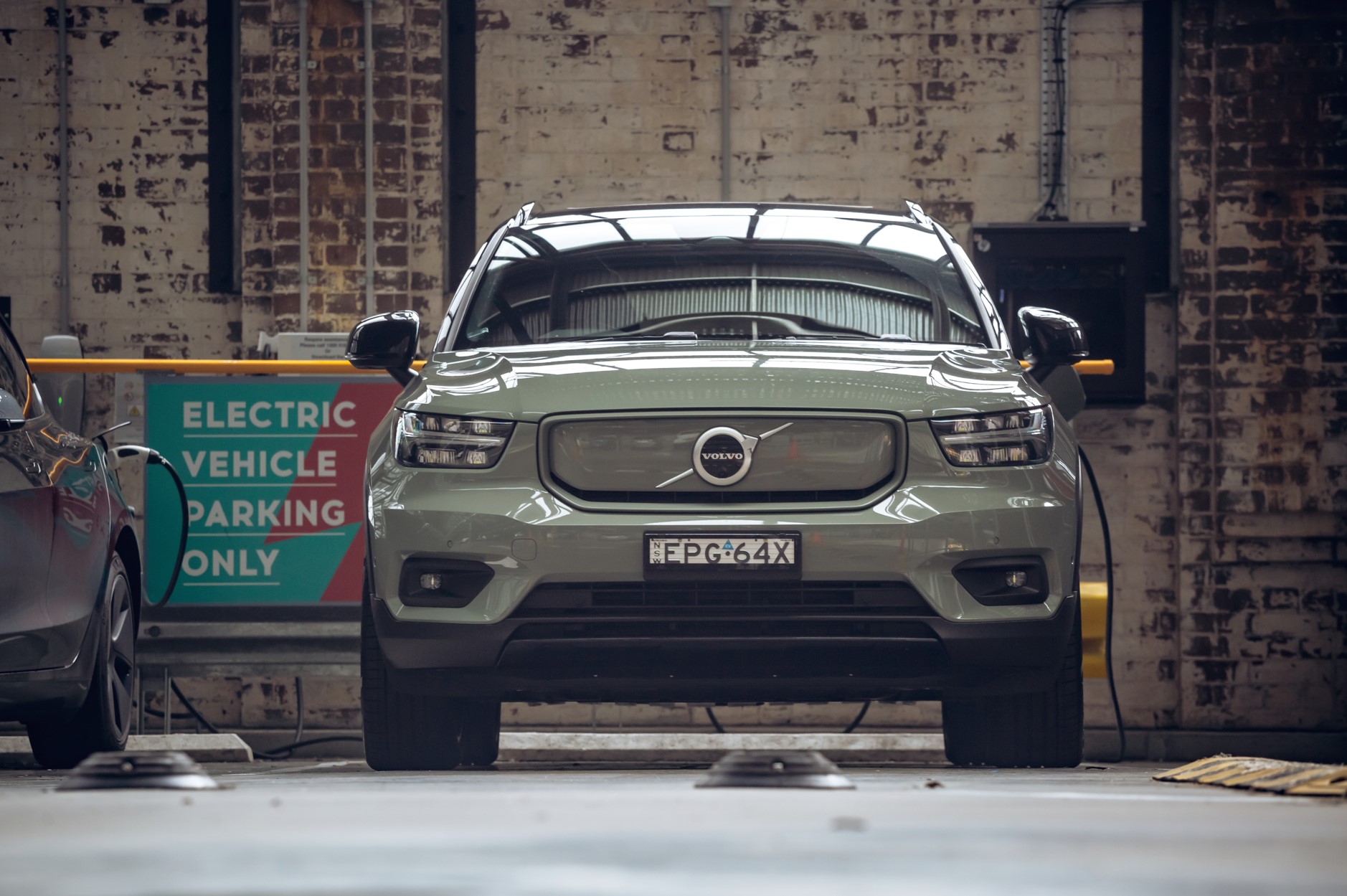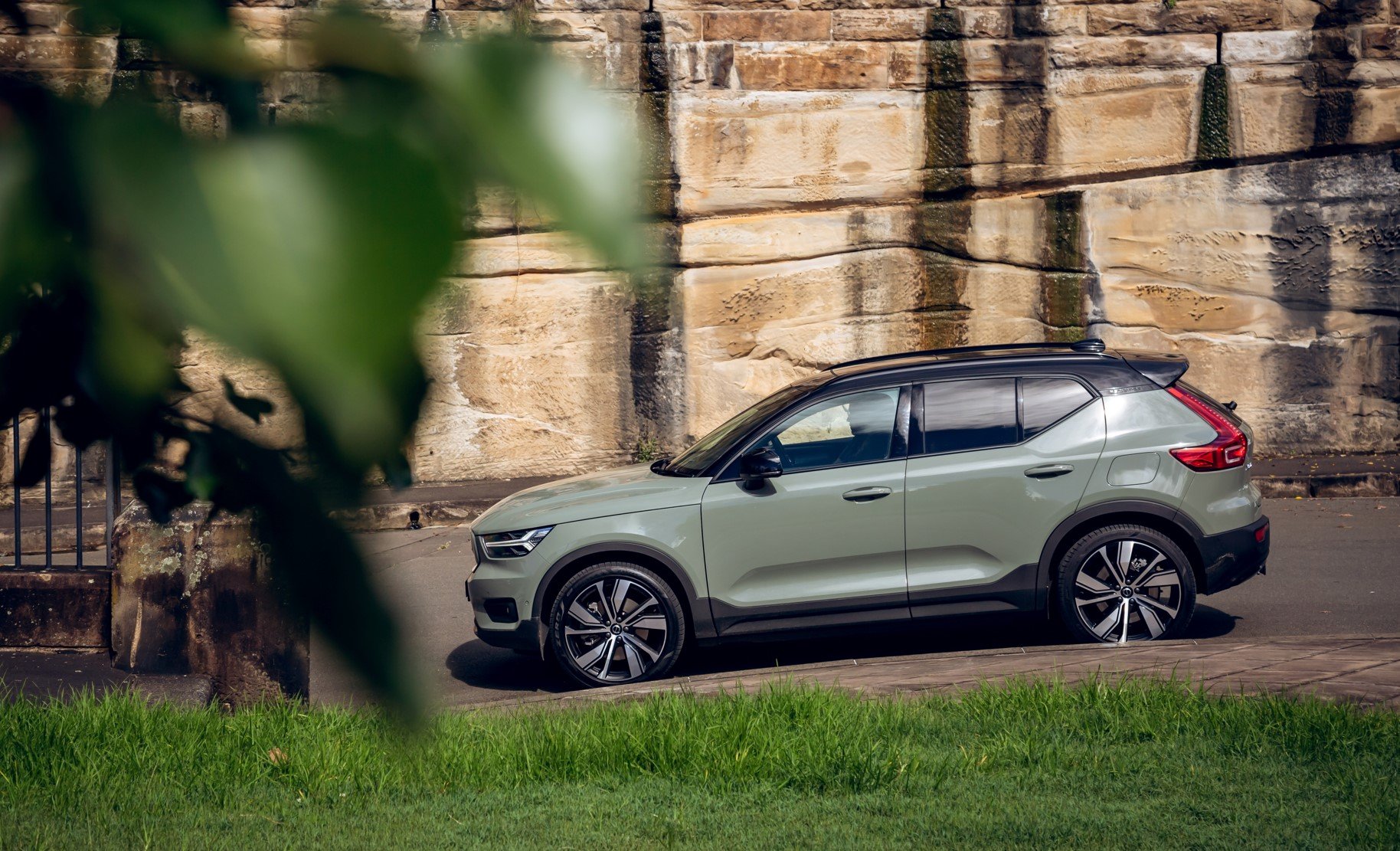Car makers are joining a petition for an all-EV mandate across Europe in 2035.
Ford and Volvo are among 27 large companies to put their names to a petition calling on the European Union to ban the sale of new ICE cars and vans from 2035.
Last year, the EU proposed a 100 per cent cut in vehicular CO2 emissions by 2035 across its 27 member states. To support this initiative, the companies have called on the EU to “establish mandatory targets for charging infrastructure” with a view to facilitating the mass switchover to EVs.
It hasn’t suggested what these targets should be, but a recent report from accounting giant Ernst and Young suggested that Europe would need 65 million chargers in operation by 2035 to cater to an EV parc of around 130 million. Some 85 per cent of these devices, Ernst and Young said, would need to be installed at homes.
In a letter to the European Parliament, the consortium – which includes EV start-up Arrival, supermarket chain Tesco, mobility provider Uber and consumer goods company Unilever – said: “Policies put in place in the next few years will decide whether the world has a fighting chance to curb climate change.
“In the EU, the “Fit for 55” climate package will determine whether Europe is on track to reach net zero emissions by 2050 and fulfil its obligations under the Paris Agreement. It will also determine the future of one of the largest sources of greenhouse gases and air pollution on the continent — cars and vans.
Together, passenger cars and light commercial vehicles are responsible for 15 per cent of all Europe’s CO2 emissions. To enable all cars and vans on the road to reach zero emissions by 2050, the last car with any combustion engine, including hybrids, should be sold no later than 2035. Cars and vans are also the single largest source of nitrogen dioxide pollution, which EEA [the European Environment Agency] estimates to cause over 40,000 premature deaths in Europe every year.”
They asked MEPs to acknowledge the ambition of the car firms that have already pledged to go all-electric, “but ensure laggards don’t delay the market shift”.
The EU is currently working towards a 37.5% reduction in vehicular CO2 emissions by 2030, although the measures proposed last year would take this up to 55 per cent on the way to an all-out ban on ICE five years later.
Ford has already committed to phasing ICE vehicles out of its line-up by 2035 and achieving net-zero carbon neutrality at the same time.
Having already launched the Ford Mustang Mach-E and Ford E-Transit as its first passenger and commercial EVs in the market, it will launch a further seven by 2024, including the new E-Transit Custom and an electric version of the Ford Puma.
Felix Page





